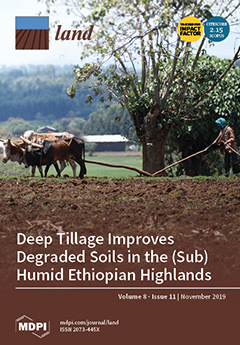Theories of Land Reform and Their Impact on Land Reform Success in Southern Africa
Our purpose is to present and test a typology of land reform theories as a means of understanding and interrogating the motives behind land reform and to better equip land administrators and policymakers to enact land reform programs that are appropriate for their contexts. Here, land reform is understood to include the related concepts of land redistribution, land restitution, land tenure reform and land administration reform. The theory typology thus has application for land restitution programs specifically operating in the global South.





